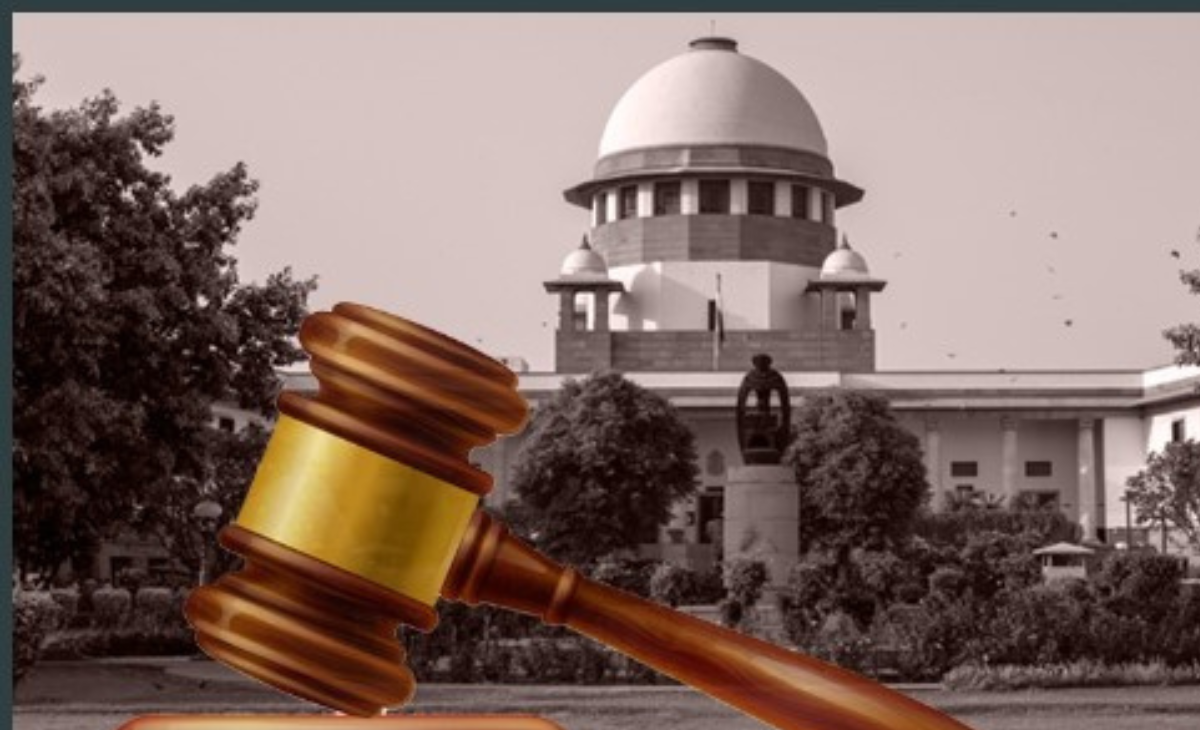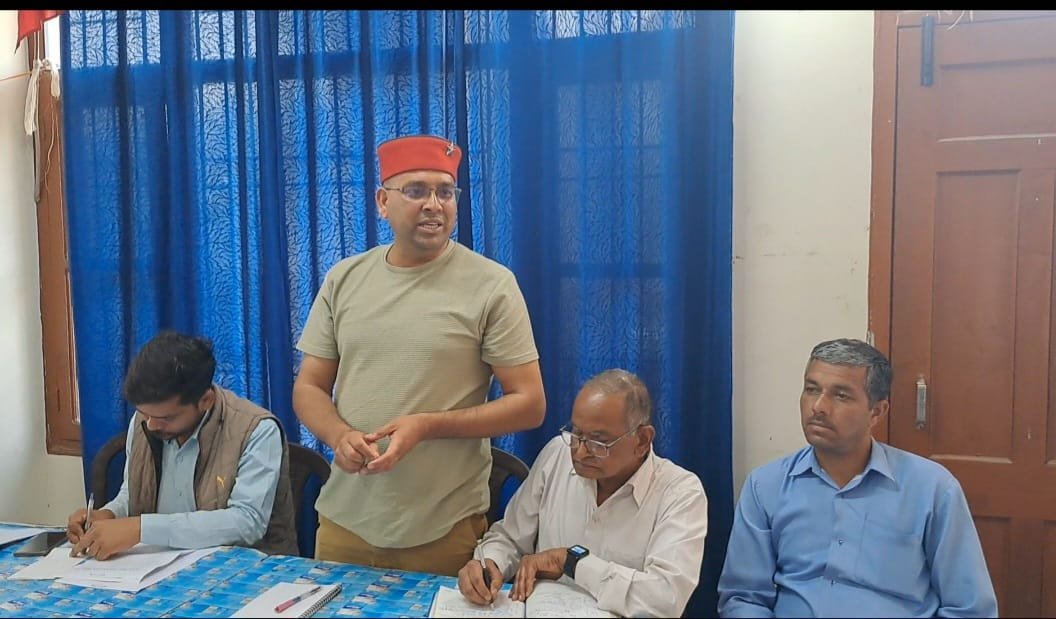TNR News Network
SHIMLA: Days after the Supreme Court ushered in sweeping reforms on arrest procedures, the Himachal Pradesh High Court has refused to invalidate a series of arrests on the ground that detainees were not handed written reasons at the time they were taken into custody.
A Bench of Justice Ajay Mohan Goel dismissed 29 petitions that sought to declare the arrests unconstitutional, observing that the absence of written grounds at the initial stage did not, by itself, render the arrests unlawful. The petitioners had argued that such omission violated Article 22(1) of the Constitution and warranted their immediate release.
Petitioners invoke Article 22(1)
The petitioners contended that they were deprived of a fundamental safeguard guaranteed under Article 22(1), which mandates that an arrested person be informed “as soon as possible” of the grounds of arrest. They claimed that non-supply of written grounds struck at the very root of the arrest and vitiated the entire process.
In its judgment, the High Court drew extensively from the Supreme Court’s recent ruling in Mihir Rajesh Shah vs State of Maharashtra, describing it as a watershed in arrest jurisprudence. The apex court, in that ruling, laid down uniform mandatory protocols for all offences and laws, including arresting officers must provide written grounds of arrest in a language the accused understands; if written grounds cannot be given immediately, the information may be conveyed orally; written grounds must be supplied at least two hours before the accused is produced before a magistrate for remand; and non-compliance would render both the arrest and subsequent remand illegal.
New safeguards apply prospectively
Crucially, the High Court noted that the Supreme Court had expressly clarified that these requirements did not exist in statutory form prior to its recent judgment. Since the apex court directed that the new safeguards would operate prospectively, arrests made before the Mihir Shah verdict cannot be examined on the touchstone of these enhanced standards.
Petitions dismissed
Concluding that all the arrests in question predated the Supreme Court ruling, the Bench held that the petitioners were not entitled to relief solely on the basis that written grounds were not supplied at the time of arrest.
“The new norms cannot be retroactively applied to past arrests,” the court observed while rejecting all 29 petitions.





